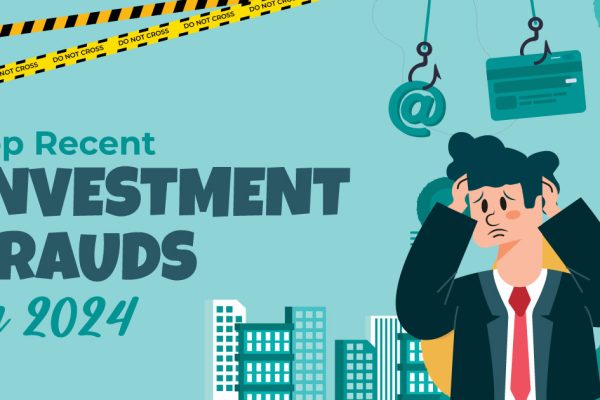Do Banks Refund Scammed Money?
Unfortunately, there is no straightforward answer to this question. Whether or not your bank will refund scammed money depends on various factors — such as the bank’s policies, the type of scam, how you paid, and how quickly you reported the fraud.
The good news is that there are some protections for consumers who have been scammed out of money:
-
- The Fair Credit Billing Act (FCBA): This 1974 federal law limits consumer liability for credit card fraud to $50 in most cases, and provides special rights for fraud victims — like the ability to dispute charges via phone instead of in writing.
- Credit Card Zero Liability Protection Policies: Many credit card companies offer zero liability protection policies that protect consumers from fraudulent charges made with their cards.
- Bank Account Zero Liability Policies: Some banks’ policies include zero liability protection to ensure that customers don’t have to pay for fraudulent transactions made on their accounts — with limitations.
- Regulation E: This federal regulation protects consumers who use electronic fund transfers, such as ATM transactions, debit card payments, gift cards, and direct deposits. In 2022, the Consumer Financial Protection Bureau (CFPB) updated Regulation E to protect all peer-to-peer (P2P) online payments.
- The bottom line: Refund and reimbursement policies change from bank to bank. There’s no guarantee that your dispute will be accepted. Instead, it’s a good idea to get additional protection and coverage from an
identity theft protection service
-
-
- .
-
Your First Step: Secure Your Identity and Report the Fraud
Almost 50% of identity theft victims are repeat victims. Once scammers have your personally identifiable information (PII), they can exploit you with different payment scams — or even sell your information to other fraudsters.
That’s why the first thing you should do if you’ve been scammed is secure your identity and report the fraud.
Here’s what to do:
-
-
- Document the fraud and stop all contact with the scammer. Download statements and take screenshots of emails, texts, and any other correspondences that occurred with the scammer. Then, break off contact to stop any further fraud.
- Lock your cards to prevent more damage. Contact your bank or credit card issuers and ask them to lock your cards and cancel your accounts. Double-check that they have your correct address for sending replacement cards to you.
- Check your insurance coverage. Your home insurance provider or employer may provide coverage for fraud or identity theft. If not, you might want to consider getting dedicated identity theft insurance.
- Freeze your credit with all three bureaus. Contact each of the three major credit reporting agencies (Equifax, Experian, and TransUnion) to request a credit freeze. This prevents anyone from accessing your credit file or opening new accounts in your name.
- File an official report with the FTC. Gather details of the incident and your personal information to file a report now. The FTC will provide a recovery plan and help you dispute fraudulent charges.
- Update your passwords. A crucial step in the wake of a scam is to change all of your online account passwords. By creating complex, unique login credentials that you can remember or store with a secure password manager, you’ll reduce the chance of a hack.
- Enable two-factor authentication (2FA). For added protection, use 2FA on all of your accounts. If imposters can’t provide the second form of proof — like a one-time password (OTP) or biometric scan — they won’t be able to access your accounts.
- Scan your devices for malware and other viruses. A reputable antivirus software scans your devices to detect and isolate malicious programs that hackers use to steal your passwords and data — like trojans, keyloggers, and spyware.
-











